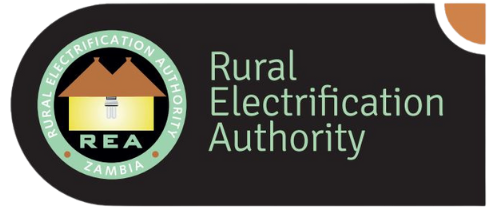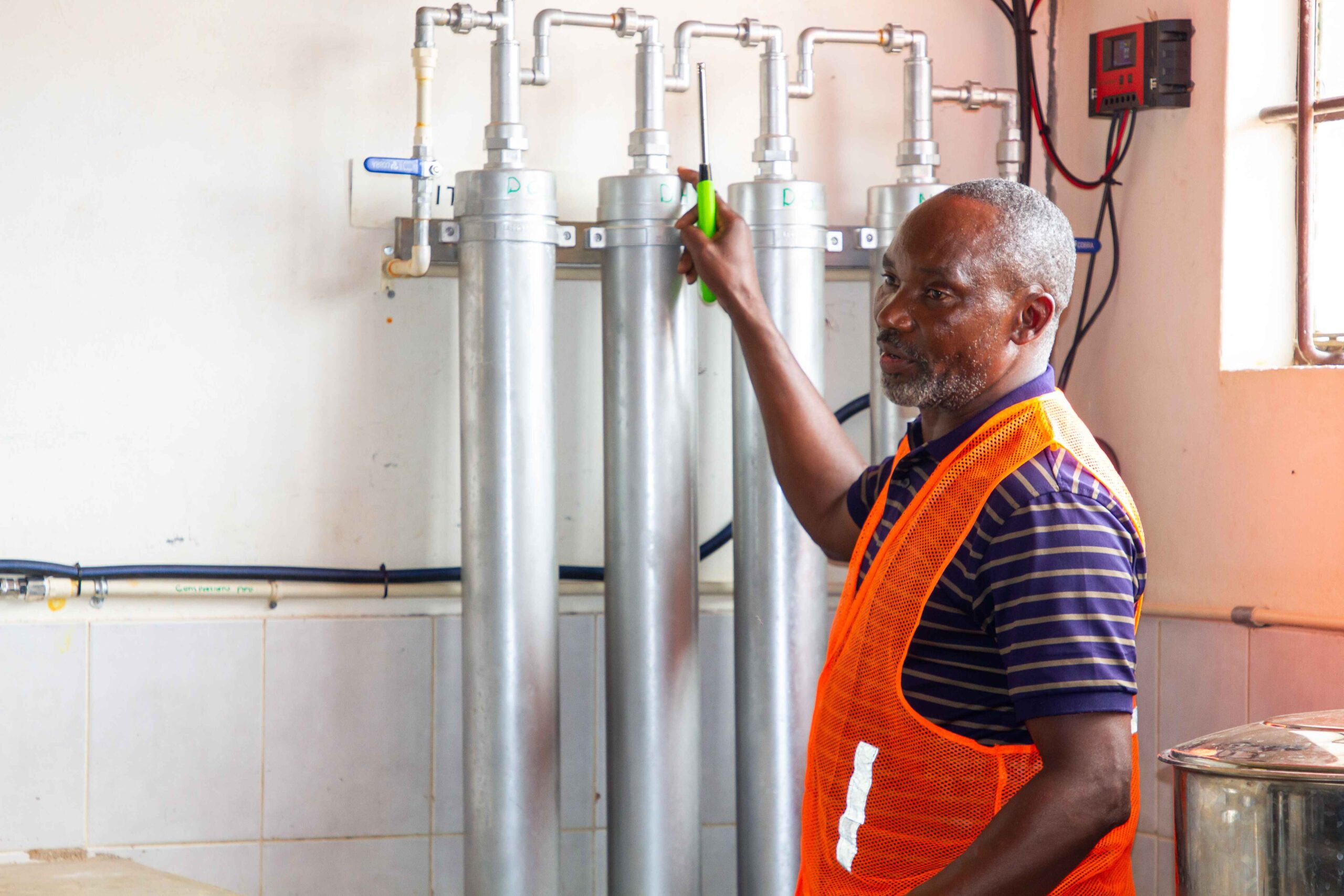In the heart of Lumezi District, Eastern Province, something remarkable is happening and it doesn’t run on diesel or charcoal. At Lumezi Secondary School, energy is now being generated from a source once seen as mere waste: cow dung and food leftovers.
The Rural Electrification Authority (REA), under its broader mission to promote renewable energy in underserved areas, has completed construction of a biogas system at the school worth over ZMW 440,000. The system, which digests organic waste and converts it into clean-burning methane gas, is now helping meet the school’s cooking and energy needs.
Previously, the school relied heavily on charcoal for cooking a practice that was not only expensive, but also environmentally unsustainable. The switch to biogas is reducing costs, lowering carbon emissions, and easing pressure on nearby forests.
“Before this project, we were spending over K1,600 every week just on charcoal and fuel. That’s money we can now redirect toward teaching materials and school maintenance. The biogas system has made meal preparation easier, more efficient, and safer for our staff and it’s helping our pupils learn about renewable energy in a very practical way,” said Mr. Kasaro Zedekia, the school headteacher.
The system is simple, yet powerful. Animal waste, particularly from cow dung in the cattle kraal is fed into a digester, which breaks it down anaerobically [in the absence of oxygen] to produce methane. The gas is then piped directly to the school kitchen, where it fuels daily meal preparations for students and staff.
Beyond cost savings, the biogas system is offering practical learning opportunities for pupils especially through the use of slurry, the byproduct of the biodigester. Once treated, the slurry will be used as organic fertilizer in the school garden, reducing the need for chemical inputs and exposing learners to climate-smart agriculture.
“Our pupils are not only learning about clean energy but also how to safely reuse waste to grow food. The slurry will be used in our school garden, and because this process of the bio-digester kills pathogens that cause diseases such as intestinal worms, cholera, and dysentery risks commonly associated with untreated manure,” said the Head of Department, Design and Technology, Mr. John Phiri.
Without a doubt, REA’s investment in Lumezi is part of its effort to diversify rural energy solutions and demonstrate that decentralised, clean energy can be effective and sustainable in Zambia’s rural education sector.
“Lumezi Secondary was selected as one of the pilot projects not only because of its need, but because it presents the perfect environment to show how renewable energy solutions is an important factor in the Authority’s quest for energy mix. Our goal as REA is to scale such projects across other schools not just in Eastern Province,” said Manager Corporate Affairs Justin Mukosa.
As the system continues to prove its value, it offers a clear model for replication — one where schools can become both consumers and producers of energy, and where sustainability starts with education.

